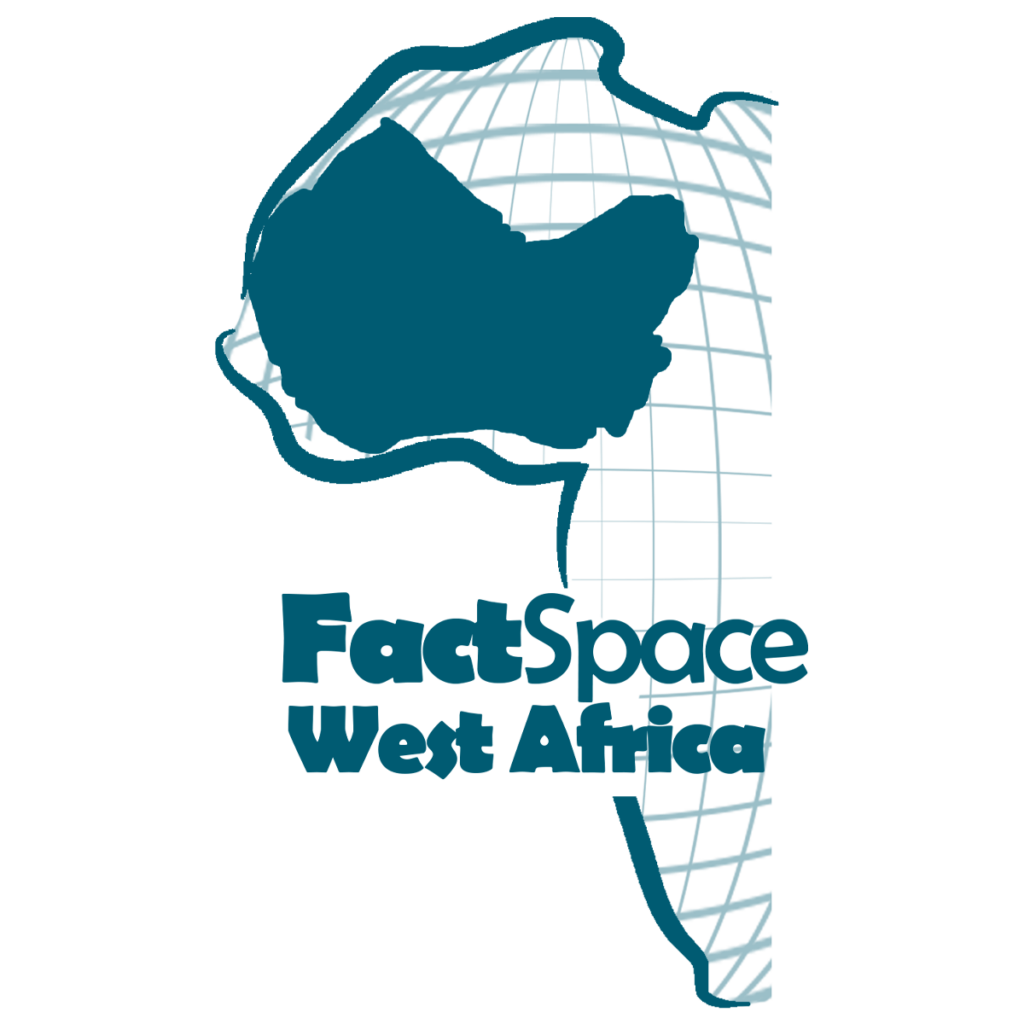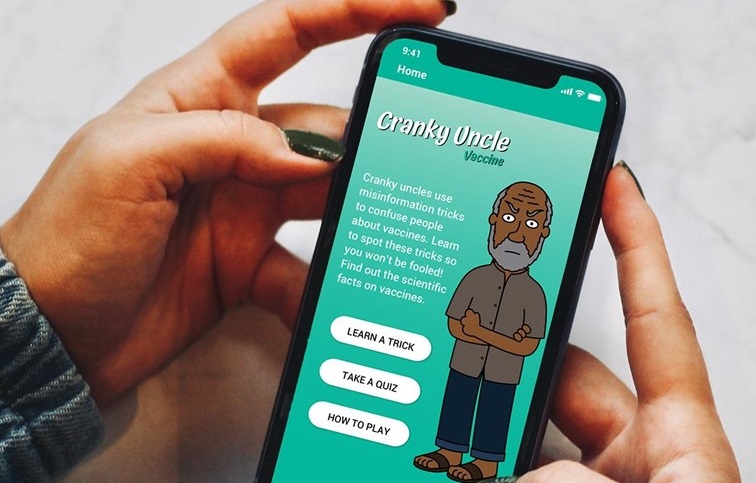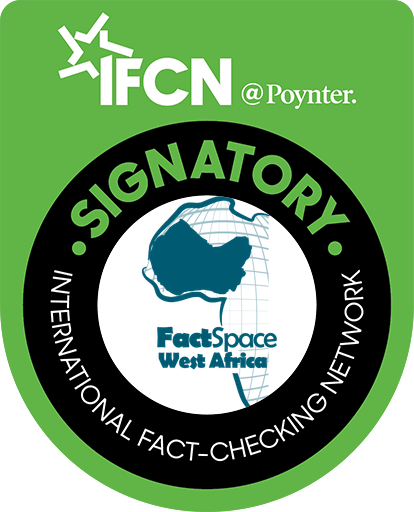FactspaceWA, Kumasi 18.04.2024 -FactSpace West Africa has held training at the Kwame Nkrumah University of Science and Technology (KNUST), Kumasi, to increase the popularity of the Cranky Uncle Vaccine game.
The interactive game, developed by digital health experts, aims to empower individuals with the tools to identify and combat misinformation, particularly on social media and within the Sahel Spillover Regions.
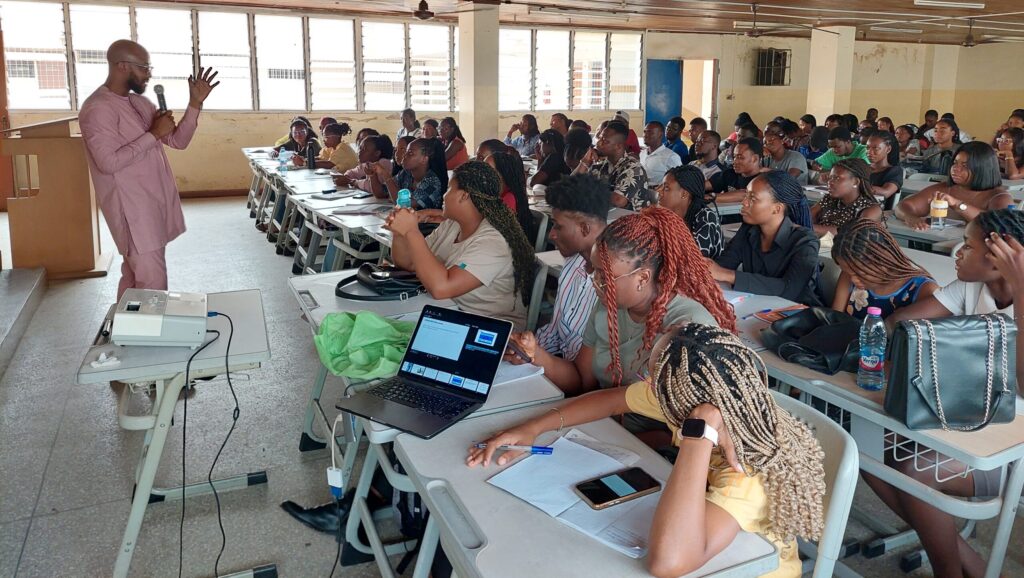
Fig 1 – Director of FactSpace West Africa, Rabiu Alhassan, delivering an address during the training
During the dissemination exercises, participants were trained on the importance of fact-checking and introduced to various fact-checking tools, such as Reverse Image Search, TinEye, WhoIs, and InVID Video verification.
The Director of FactSpace West Africa, Rabiu Alhassan, provided a step-by-step approach to downloading the Cranky Uncle Vaccine Game app and its use.
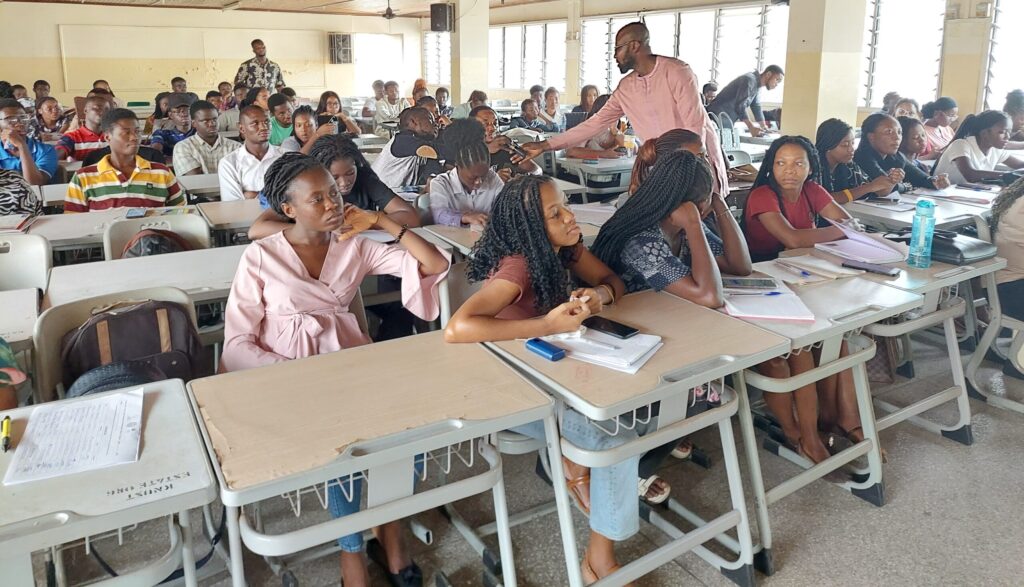
Fig 2 – Rabiu interacting with some of the participants
Many students were eager to try out the application and provide feedback on its effectiveness.
Rabiu stressed the critical importance of verifying information and urged students to be discerning consumers of online content.
The event was successful in promoting digital literacy and ways of combating misinformation among young adults.
Radio Interaction
As part of the activities on campus, the FactSpace WA team was hosted on Focus FM, where questions about misinformation and disinformation on public health were asked and attended to accordingly.
The Director of FactSpace WA and Projects Director, Abdul Rahman Salifu, used the opportunity to urge students to be vigilant and not fall for the misinformation that characterises issues of public health, most especially when it comes to vaccination.
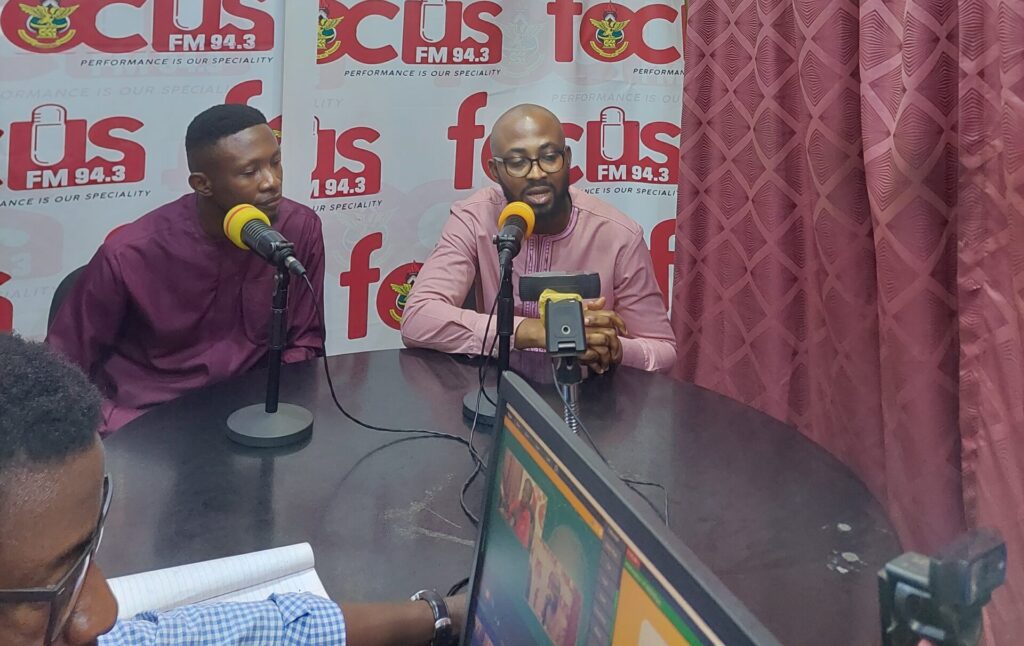
Fig 3 – Rabiu and Projects Director, Abdul Rahman Salifu, hosted by Focus FM in Kumasi
About the app
FactSpace West Africa collaborated with Ghana Health Service (GHS), UNICEF and other key players in the healthcare industry to create the app.
The Cranky Uncle Vaccine app, was designed and deployed in East and West Africa, incorporating elements such as quizzes, challenges, and rewards to engage participants in an immersive learning experience.
Through co-design workshops with health workers and young people, the game content was carefully curated to reflect the cultural context in Ghana. 1,000 young participants were selected from institutions in Ghana and furnished with the app for testing.
The app aims to explore the potential impact of gamification to foster community resilience, promote fact-checking behaviors, and reduce the amplification of misinformation through social networks.
By engaging users in immersive and enjoyable experiences, gamification not only empowers individuals to distinguish between credible and false information but also cultivates a sense of collective responsibility in curbing the spread of misinformation.
By Julius Kofi Satsi
